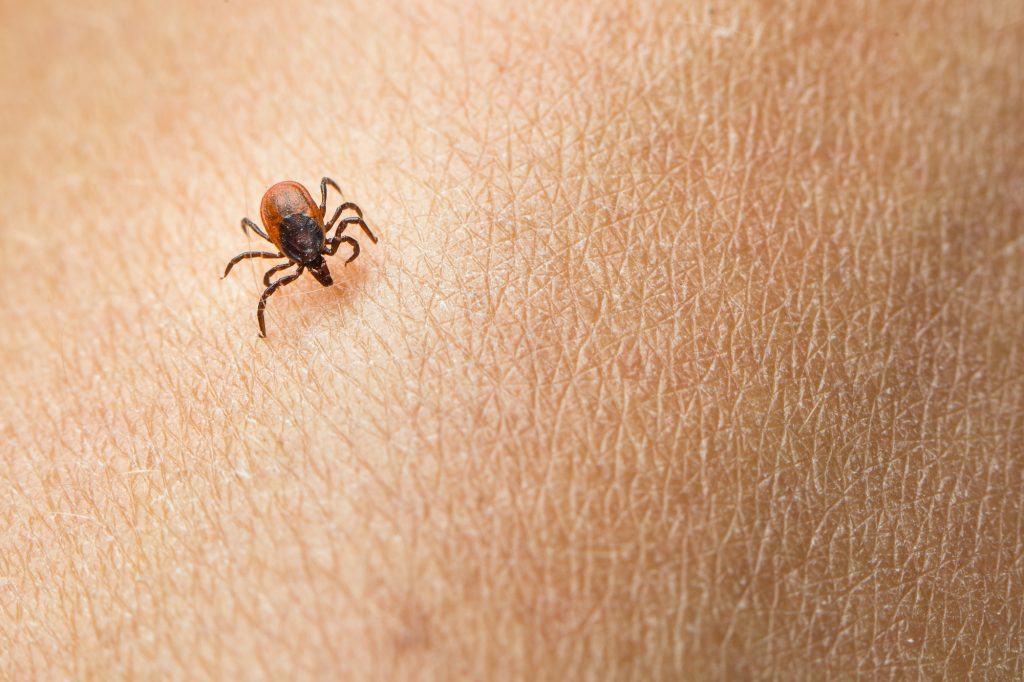Danger of Tick-Borne Meningitis in Friuli Venezia Giulia
The recent heatwave in Friuli Venezia Giulia has brought a concerning risk of tick-borne diseases. So far, two cases of tick-borne meningoencephalitis (Tbe) have been registered in the region, one of which involves a patient who recently returned from Cadore and is now hospitalized in serious condition at Santa Maria della Misericordia of Udine.
Professor Carlo Tascini, the director of the infectious disease clinic at Santa Maria, spoke to Veneto Messenger about the importance of prevention, particularly through vaccination, especially for those who are more vulnerable and could develop severe forms of Tbe.
The Bite of the Tick
Although tick bites are not usually dangerous to human health, they should not be underestimated as they can lead to various diseases such as infections, encephalitis (Tbe), Lyme disease (which presents symptoms like headache, fever, and fatigue), and even the lesser-known babesiosis, which has seen an increase in cases in the northeastern states of the United States from 2011 to 2019.
The best form of prevention remains vaccination. In Friuli Venezia Giulia, which is considered a high-risk area, the Tbe vaccine has been provided free of charge since 2013. Over 200,000 doses have been administered since 2004, with approximately 9-10,000 doses given annually. Currently, vaccination coverage against Tbe in the province stands at 8%, although it varies across different areas.
In Lignano, vaccination is not currently available, while in the districts of Tolmezzo and Gemonese, coverage reaches 25%. In some municipalities, it even reaches 50%. Vaccination should ideally take place in late winter or early spring. The vaccination cycle consists of three doses administered over 12 months, with the first two doses providing significant coverage. Boosters are then scheduled every three years and later every ten years.
In Case of a Bite: What to Do
In the event of a tick bite, it is crucial to avoid crushing it, as this may cause the bacteria to be directly injected into the skin. The tick should be gently removed, preferably using tweezers, while avoiding leaving any parts of its body in the skin. It is recommended to wear gloves during the procedure and never touch the tick with bare hands.
Using alcohol, acetone, turpentine, ammonia, oil, or other substances is not advised, as they may not effectively remove the entire tick from the skin. After removing the tick, it is important to disinfect the area and carefully observe it for a month. Nevertheless, it is always advisable to contact a general practitioner, who can provide the appropriate prophylaxis.
With the increasing threat of tick-borne diseases, individuals must remain vigilant and take preventative measures, such as vaccination and proper tick removal techniques, to safeguard their health.
